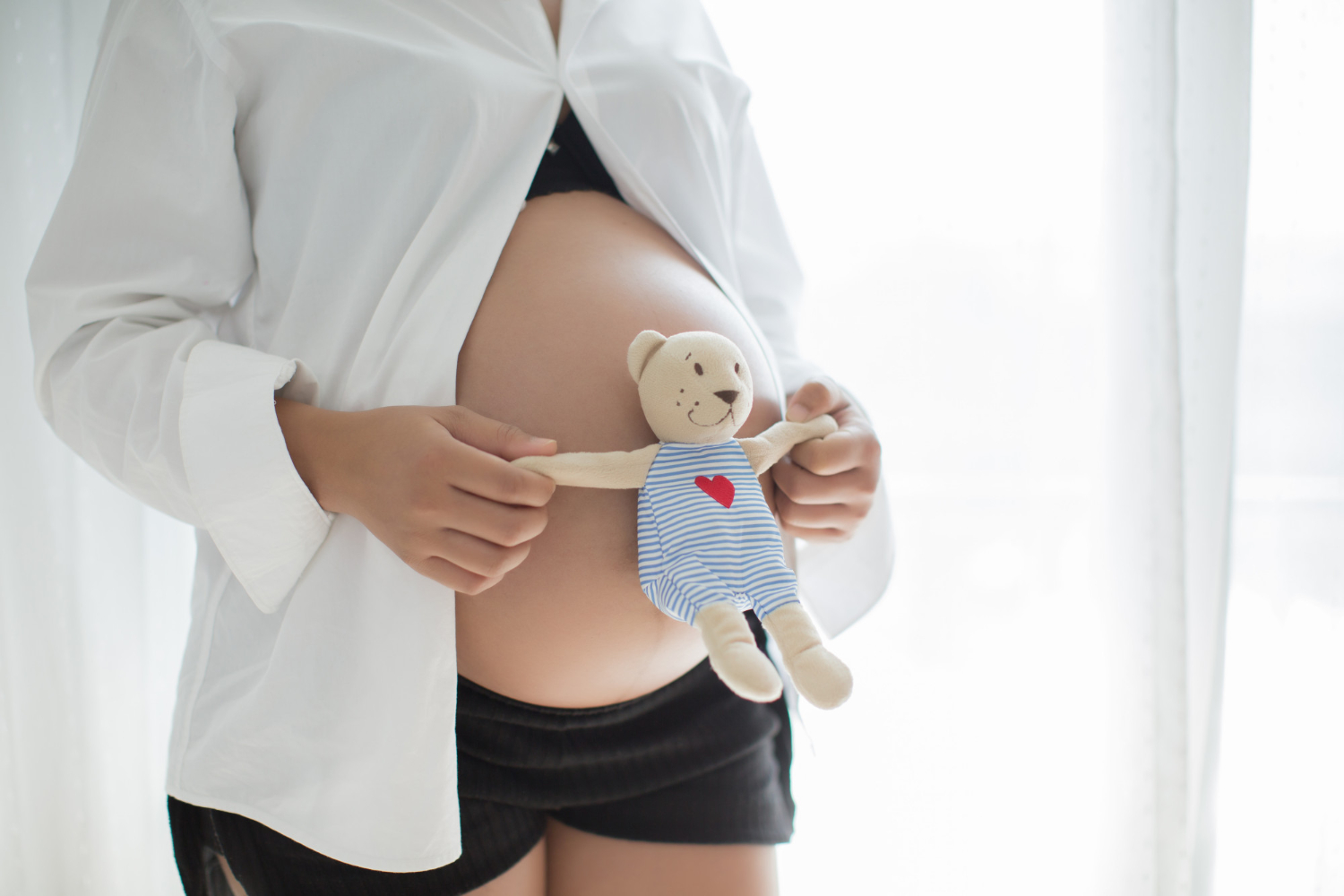
How To Avoid Ectopic Pregnancy With IVF
Ectopic pregnancy (a pregnancy outside the womb and in the wrong place, such as the fallopian tube or ovary) is still a life-threatening complication. This phenomenon has been considered fatal for a lot of women since it is not natural and might cause death if allowed to progress for a long time.
And while in-vitro fertilization (IVF) is recommended for women at risk of an ectopic pregnancy, especially if they’ve already had more than one ectopic pregnancy, it is not a 100 per cent guarantee that a woman will not have an ectopic pregnancy.
HOW COMMON IS ECTOPIC PREGNANCY?
It is a strange coincidence that the first successful IVF pregnancy was ectopic!!! The incidence is 2.1% to 9.4% of all clinical pregnancies resulting from ART (assisted reproductive technique). The decline in incidence is seen with frozen embryo transfer. The incidence of ectopic pregnancy in natural conception is 1-2 %
RISK FACTORS THAT LEAD TO ECTOPIC PREGNANCY
In some cases, infertility can be a cause of ectopic pregnancy while in some cases infertility can result due to ectopic pregnancy. There are many things associated with ectopic pregnancy like embryo transfer technique, fallopian tube pathology, and pelvic inflammatory disorders.
MAJOR RISK FACTORS ARE
Maternal age– Incidence increases from 1.4% at the age of 21 to 6.9% in women aged 44 years or more. This is mainly attributed to an increase in chromosomal abnormalities in trophoblastic tissue and age-related changes in tubal function.
Cigarette smoking– increases the risk following pregnancy with IVF Treatment by about 3 times compared to non-smokers.
Previous Extrauterine pregnancy- The recurrence rate ranges from 15% to 20% in the case of one pregnancy and it increases to 32% in cases with two previous such pregnancies. But if there is one normal pregnancy after an ectopic pregnancy, it reduces the subsequent pregnancy chances.
Tubal Pathology– Hydrosalpinx is the main cause of tubal infertility and is also associated with a negative impact on the outcome of IVF Treatment.
Previous Tubal Surgery– The level of risk of ectopic pregnancy depends on the degree of damage to tubes and the extent of anatomic distortion of the tubes. In some cases, it has been seen that altered tubal motility and developmental anomalies of the fallopian tube can also cause ectopic pregnancy. The most common causes of tubal factor infertility include sexually transmitted infection with chlamydia, abdominal surgery, and endometriosis.
THEORIES BEHIND ECTOPIC PREGNANCIES
One theory is that hydrostatic force generated by the transfer medium can pull the embryo into the fallopian tube. Another prominent theory is that gravitational pull causes the embryos to enter the hanging tubes. Sometimes the uterine contractions cause reflux expulsion of the embryo into the fallopian tubes. Faulty transfer techniques can also increase the chances of ectopic pregnancy. Different hormonal milieus in IVF cycles like higher circulating concentrations of oestradiol lead to a reverse migratory process of the transferred embryos.
What Can be Done to Reduce the Incidence of Ectopic Pregnancy?
- Embryos should be placed between 5 mm to 10 mm from the fundus.
- The transfer volume of culture media containing embryos should be optimal (preferably less than 80 µl).
- There is a recommendation that tubes be occluded at the level of the utero-tubal junction.
- To transfer Day 5 (blastocyst stage) embryos and to do frozen embryo transfers.
Early detection of an ectopic pregnancy is critical. So serial monitoring of human chorionic gonadotropin (hCG) levels and early ultrasounds at six weeks estimated gestational age (two weeks after finding out you are pregnant) can help to manage ectopic pregnancies safely 95-98 per cent of the time, avoiding the need for surgery.
WHAT IS NEXT AFTER AN ECTOPIC PREGNANCY?
An ectopic pregnancy feels devastating for most people and is even more upsetting if you had difficulty getting pregnant to start with. Doctors often become more focused on your safety and health than on the grief that you may be feeling. At the same time, major hormonal changes can magnify your emotions.
CAN IVF CAUSE ECTOPIC PREGNANCY?
We hop back to the age-old question. Can pregnancy with IVF cause ectopic pregnancy? The answer is a big no! The probability of the occurrence of ectopic pregnancy through IVF is the same as that of a normal pregnancy. Usually, people fear taking up IVF as an option for conceiving because of the social taboo regarding the belief of IVF is an impure or unnatural way of having birth.
If you’re ready for IVF Treatment and if you are worried about ectopic pregnancy, then you can sit back and relax. At KJIVF, we have state-of-the-art technology, expert medical professionals, and the Best IVF Doctors to make your IVF journey safe and successful. Ectopic pregnancies can be avoided very easily. We have a success story of many positive IVF pregnancies.
Our Related Searches:-
Low Cost IVF in East Delhi, Low Cost IVF in Faridabad, Low Cost IVF in Delhi, Low Cost IVF in Preet Vihar, IVF Cost in East Delhi, IVF Cost in Faridabad, IVF Cost in Delhi, IVF Cost in Preet Vihar, IVF Clinic in East Delhi, IVF Clinic in Faridabad, IVF Clinic in Delhi, IVF Clinic in Preet Vihar, IVF Treatment in East Delhi, IVF Treatment in Faridabad, IVF Treatment in Delhi, IVF Treatment in Preet Vihar, Infertility Specialist in East Delhi, Infertility Specialist in Faridabad, Infertility Specialist in Delhi, Infertility Specialist in Preet Vihar, IVF Specialists in East Delhi, IVF Specialists in Faridabad, IVF Specialists in Delhi, IVF Specialists in Preet Vihar, IVF Treatment Cost in East Delhi, IVF Treatment Cost in Faridabad, IVF Treatment Cost in Delhi, IVF Treatment Cost in Preet Vihar, IVF Centre in East Delhi, IVF Centre in Faridabad.
